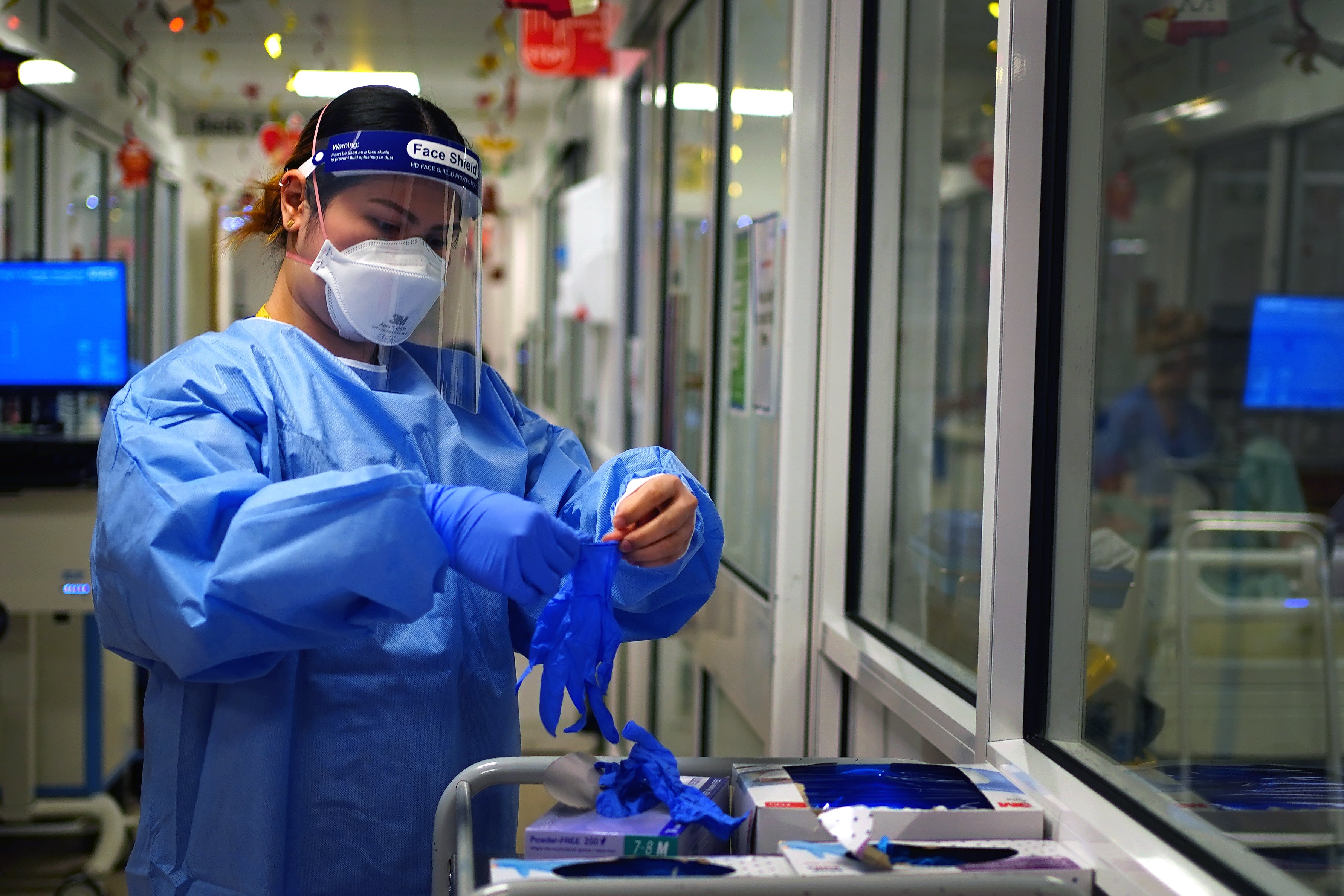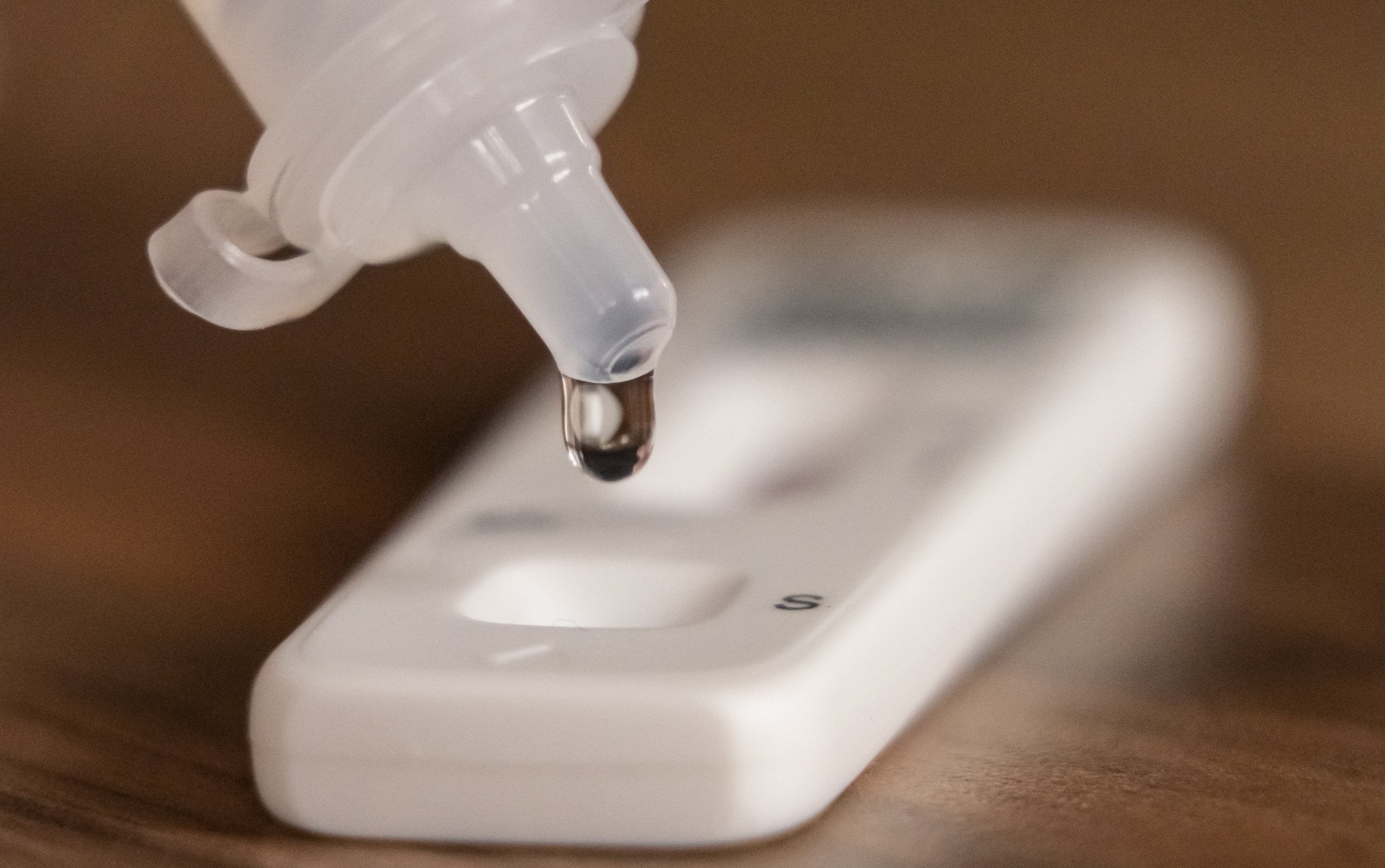Woman infected with two Covid variants within record 20 days
‘People who have Covid cannot assume they are protected from reinfection’, Spanish researcher says

A health worker in Spain caught Covid twice in 20 days in what is the shortest-known gap between infections, Spanish researchers have said.
The 31-year-old woman was infected with two different variants, Delta in late December and Omicron in January.
The healthworker did not develop any symptoms after her first positive PCR test in December.
However, within a few weeks she developed a cough and fever and took another test, which again showed positive.
Analyses on the tests showed that the patient had been infected with two different variants of the virus.

In a presentation at the European Congress of Clinical Microbiology and Infectious Diseases, study author Dr Gemma Recio said the case highlighted that Omicron can “evade the previous immunity acquired either from a natural infection with other variants or from vaccines”.
Dr Recio, from the Institut Catala de Salut, Tarragona in Spain, said: “In other words, people who have had Covid-19 cannot assume they are protected against reinfection, even if they have been fully vaccinated.
“Nevertheless, both previous infection with other variants and vaccination do seem to partially protect against severe disease and hospitalisation in those with Omicron.”
The study’s author also said that it was important to monitor reinfections of people who were fully vaccinated.
In the UK, reinfections require 90 days between positive tests.
Health officials say that nearly 900,000 people have potentially been infected twice with Covid up to the start of April. However, it is hard to give a precise number because not all positive tests go through the whole genome sequencing needed to check if infections are from different strains.
According to UK government data, in the week leading up to April 20, 174,982 people had a confirmed positive test result. This is a decrease of 31 per cent compared to the previous seven days.
However, these results do reflect how many people have the virus without knowing as free lateral flow tests were scrapped earlier this month as part of the government’s Living with Covid plan.
Covid reinfections shot up in December 2021 after the much more infectious Omicron variant emerged. March saw another increase of infections when a slightly different version of Omicron, called BA.2, appeared.
Join our commenting forum
Join thought-provoking conversations, follow other Independent readers and see their replies
Comments


Bookmark popover
Removed from bookmarks